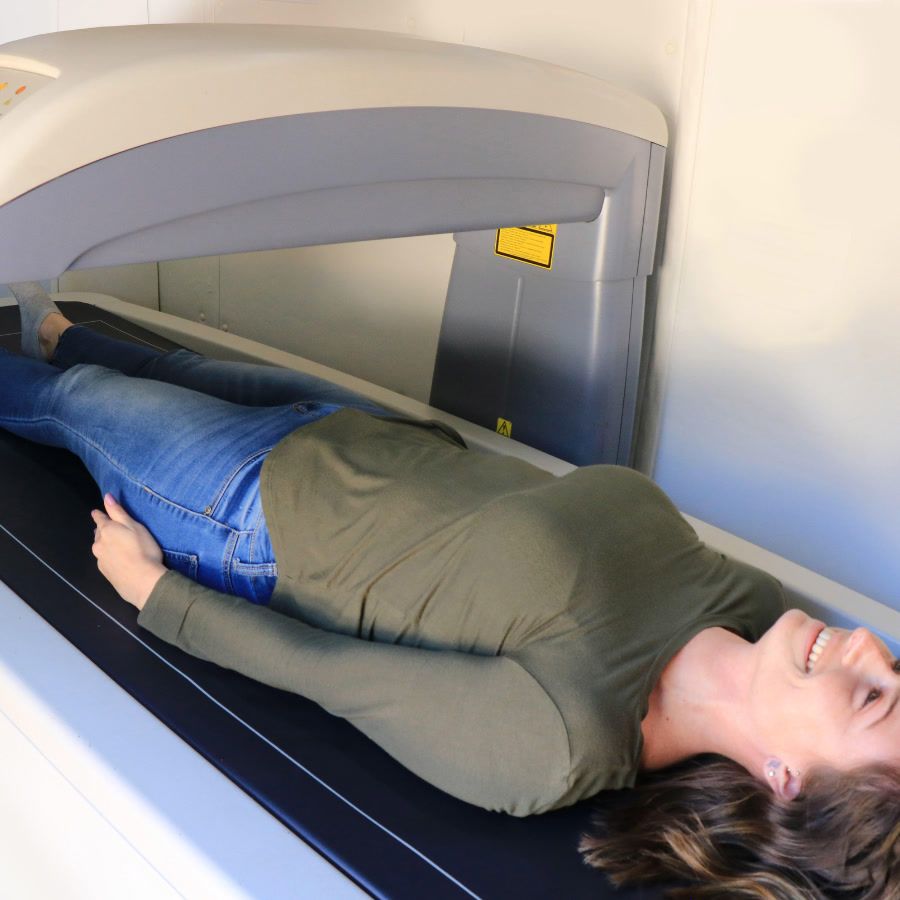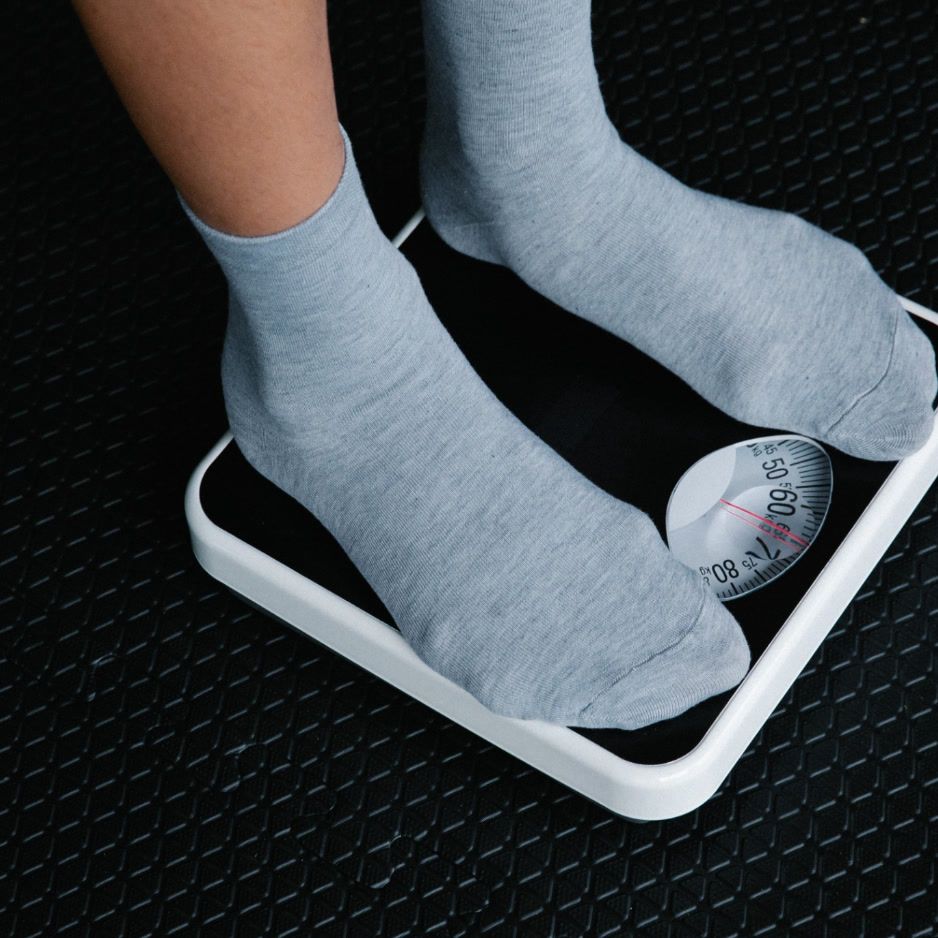The Importance of Sleep for Muscle Recovery and Weight Loss

The Importance of Sleep in Wellness and Fitness
Sleep is frequently underestimated in relation to wellness and fitness; however it holds importance in muscle recovery and weight management. Several individuals prioritize exercise and nutrition; nevertheless optimal sleep is essential to maximize the outcomes of these endeavors. Gaining insight into the impact of sleep on your body can empower you to make decisions throughout your fitness endeavor.
The Role of Sleep in Muscle Recovery
When you work out and push yourself with activities like weightlifting or intense physical exercises your muscles can develop tears as a natural part of the muscle building process that requires time to heal properly. This is where the importance of sleep comes into play. During your rest period, while you are sleeping, your body enters a phase of repair mode where it can focus on healing and recovery. Growth hormone levels spike during sleep which is crucial for repairing and growing muscles effectively. When you don't get rest your body misses out on the opportunity to completely heal those muscles resulting in slower improvements and potential injuries in the long run.

Hormonal Balance and Sleep
Adequate sleep is crucial for maintaining a hormonal balance in the body. Hormones like cortisol, sometimes referred to as the stress hormone, tend to spike when you lack rest. Excess cortisol levels can contribute to muscle breakdown and impede post-workout recovery. On the side, sleep plays a role in regulating hunger-related hormones like leptin and ghrelin. Leptin communicates satiety signals to your brain whereas ghrelin triggers feelings of hunger. When you don't get sleep it can lead to lower leptin levels and higher ghrelin levels in your body which may cause you to feel hungrier and more inclined to overeat.
Sleep and Weight Control
Proper sleep plays a role in weight control as well. Insufficient sleep can interfere with your body's insulin processing ability, a hormone that aids in sugar conversion to energy. This may result in blood sugar levels and a greater chance of gaining weight. Furthermore, feeling tired can reduce your motivation to exercise and increase cravings for foods, making it harder to lose weight effectively.
Tips for Improving Sleep Quality
Getting sleep can really boost your fitness outcomes in a positive way! To improve your sleep quality effectively here are some tips:
-
Set a Sleep Schedule: Start by setting a sleep schedule where you go to bed and wake up at the same times daily. Yes, even during weekends! This routine helps regulate your body's clock so it knows when to rest and rise each day.
-
Establish a Bedtime Ritual: Establishing a bedtime ritual also helps signal to your body that it's time to unwind and relax before sleep kicks in for the night! Consider activities like reading a book before bed or indulging in a warm bath or even practicing some deep breathing exercises to help you wind down peacefully.
-
Optimize Your Sleep Environment: Make sure your bedroom is conducive to sleep by keeping it dark and quiet with a temperature set at your preferred comfort level for you to fall asleep faster and have a more restful night's sleep. Eliminate any disruptions by using blackout curtains or earplugs and consider adding a white noise machine if needed to drown out any background sounds that may disturb your sleep routine.
-
Reduce Screen Time: Another helpful tip is to reduce screen time before bedtime as the blue light from devices like phones and tablets can disrupt the production of melatonin in your body which is essential for regulating your sleep cycle and preparing you for rest.
-
Watch Your Diet: Make sure to keep an eye on what you eat. It's best to steer clear of caffeine and big meals right before bedtime as they might disturb your sleep patterns. Engaging in activities on a regular basis can assist in falling asleep quicker and experiencing more restful sleep; however, it's advisable to complete your workout routines a couple of hours before hitting the hay.
Conclusion
To sum up the argument; sleep plays a role in aiding muscle recovery and promoting weight loss success in the realm of fitness and overall wellness improvement efforts should not be limited to just physical activity or dieting but should also include ensuring your body gets the necessary rest for rejuvenation and growth.


